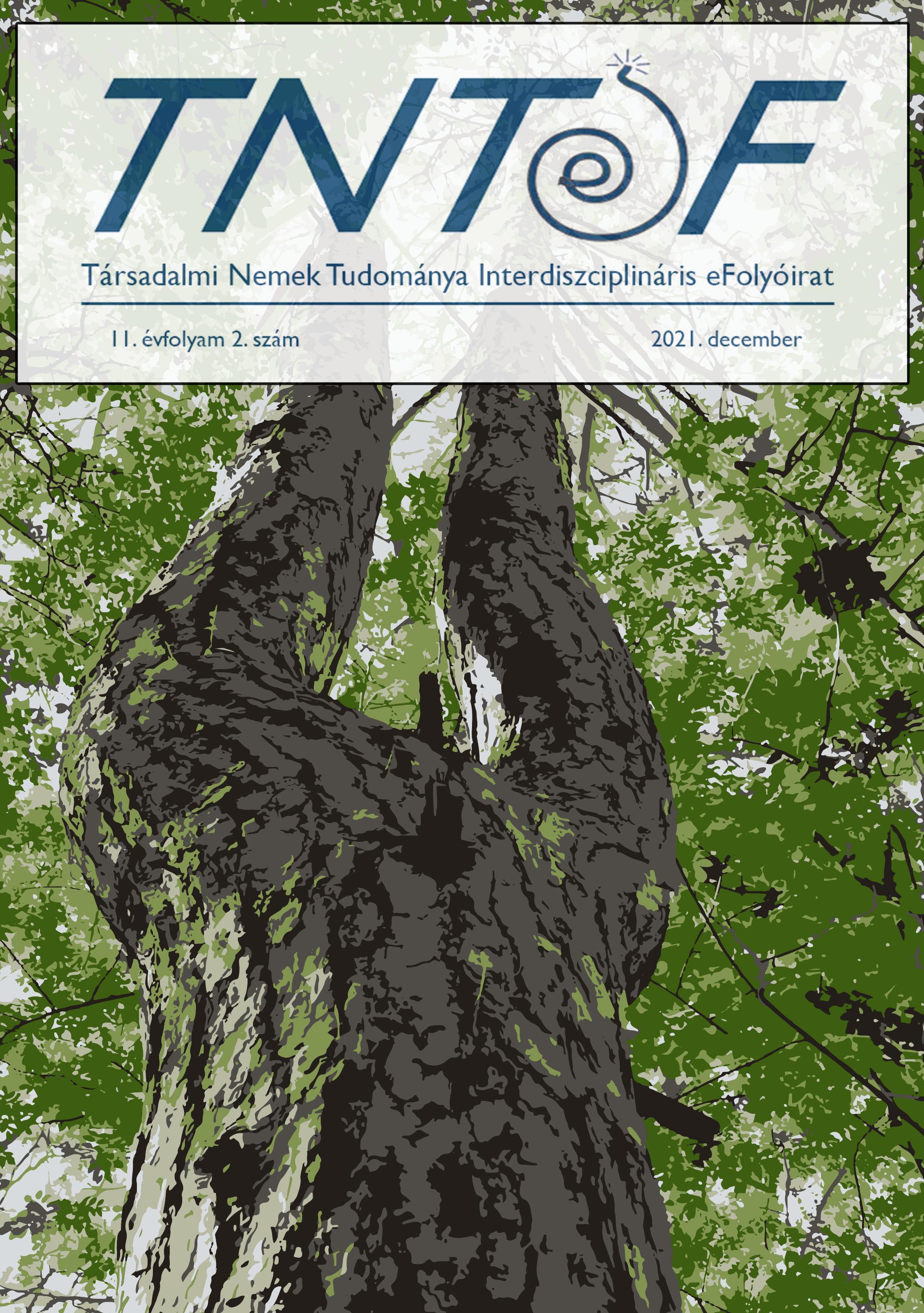On the Margins of the #metoo Social Opinions Surrounding Sexual Harassment in Hungary Based on the Sárosdi/Marton Case
Main Article Content
Abstract
The article investigates the covert ideological mechanisms and the overt reactions that have surfaced in the light of the media coverage surrounding the sexual harassment case connected to the actor, Lilla Sárosdi and the director, László Marton so that we can have a clearer understanding of the power relations and the hierarchy of genders in the early twenty-first century Hungary. In other words, I explore the ideological functioning of a society in which the violation of a woman’s integrity is forgotten four months after the aggression came to light. and the male aggressor regains his social status and power position without any consequences. The article analyses the social opinion surrounding the actual case of sexual harassment through the comments of public figures in the field of theatre, literature, and politics, who are positioned to shape this very public opinion.

